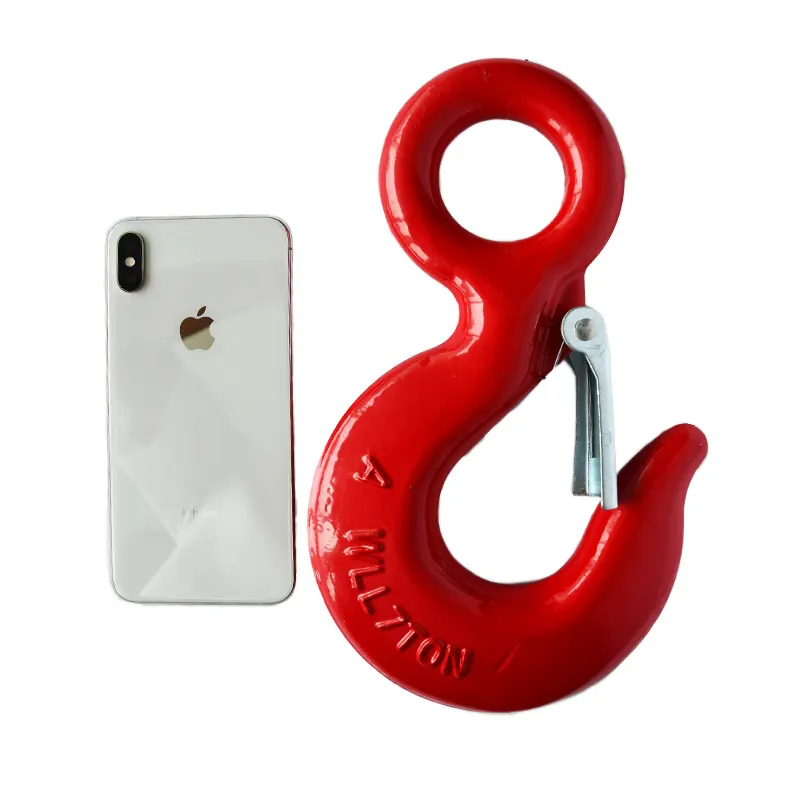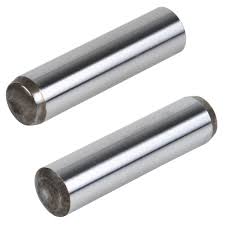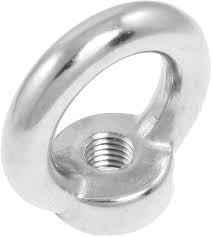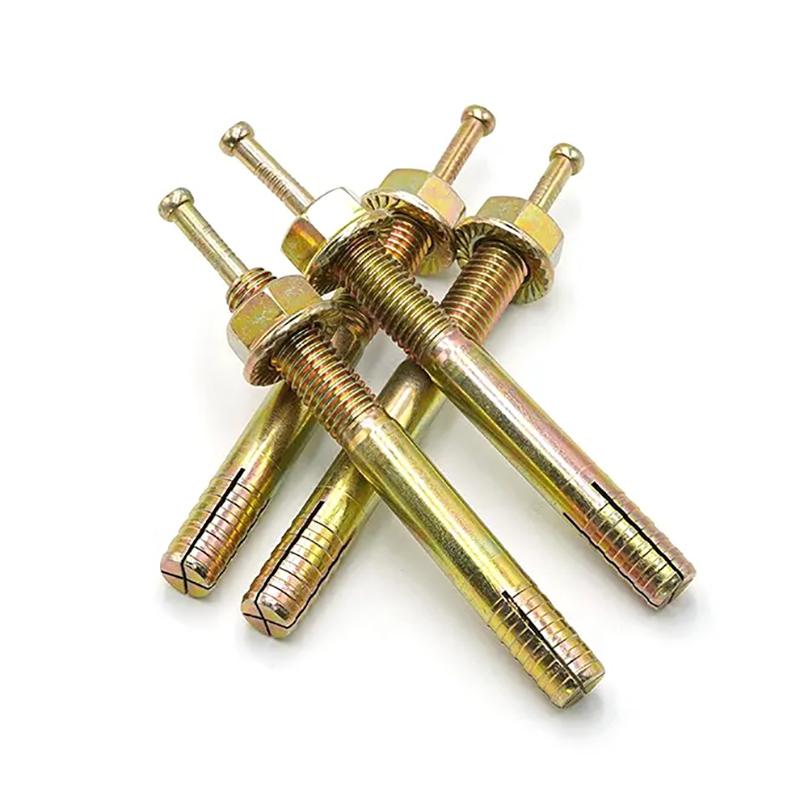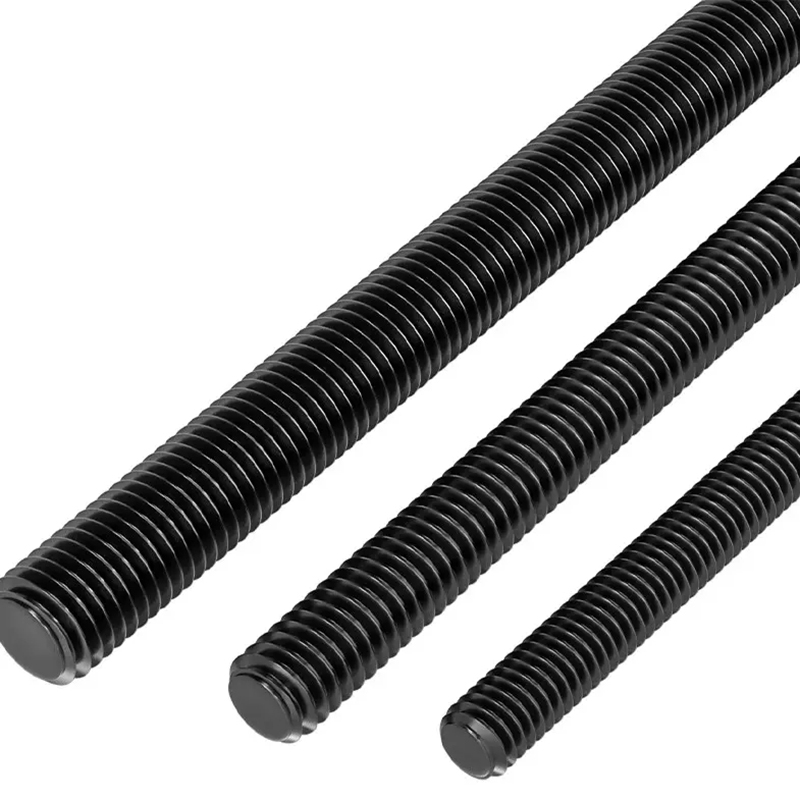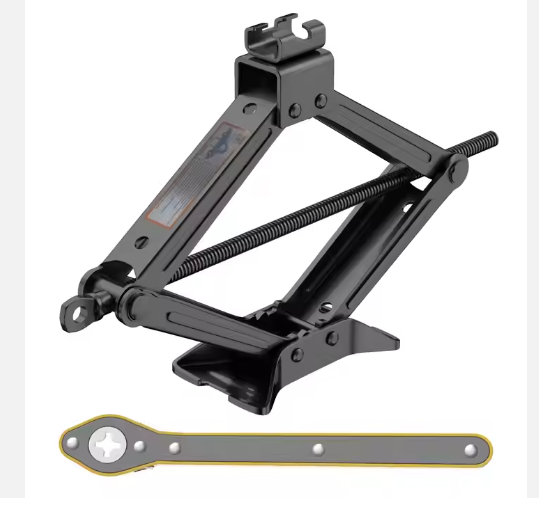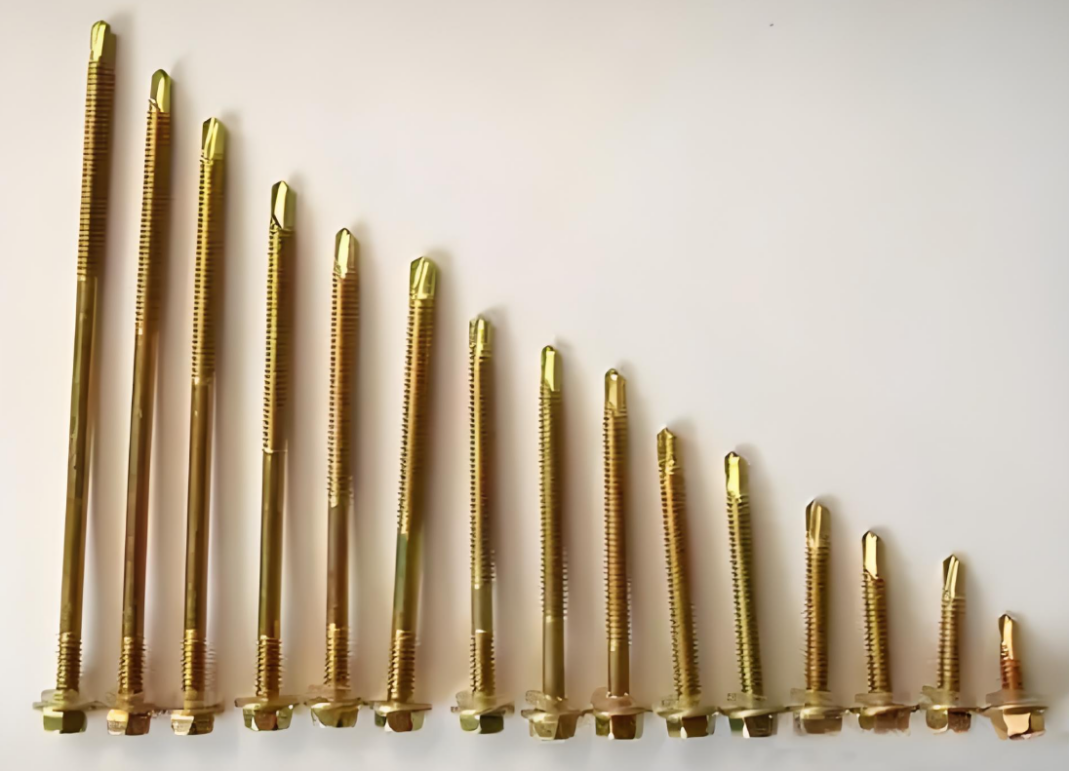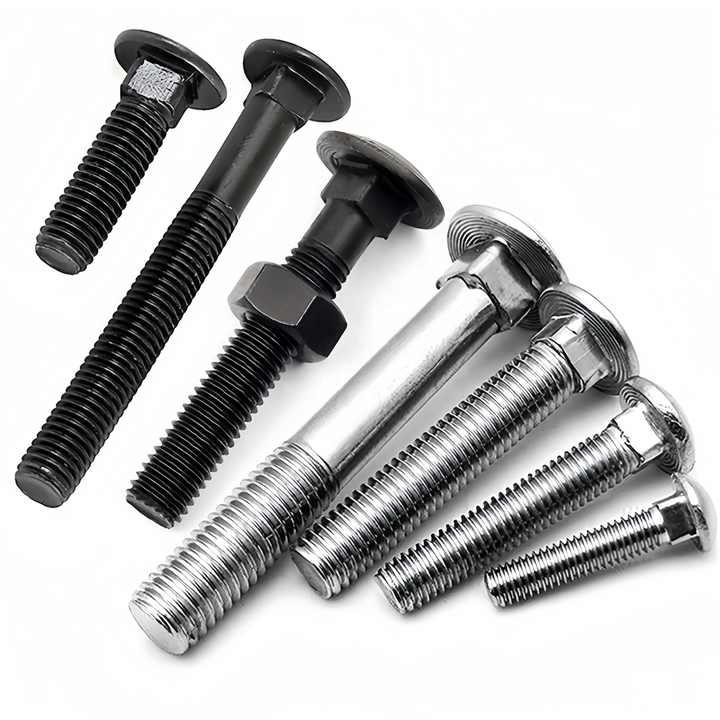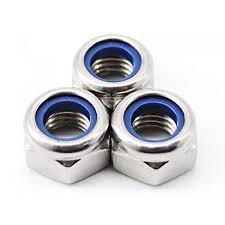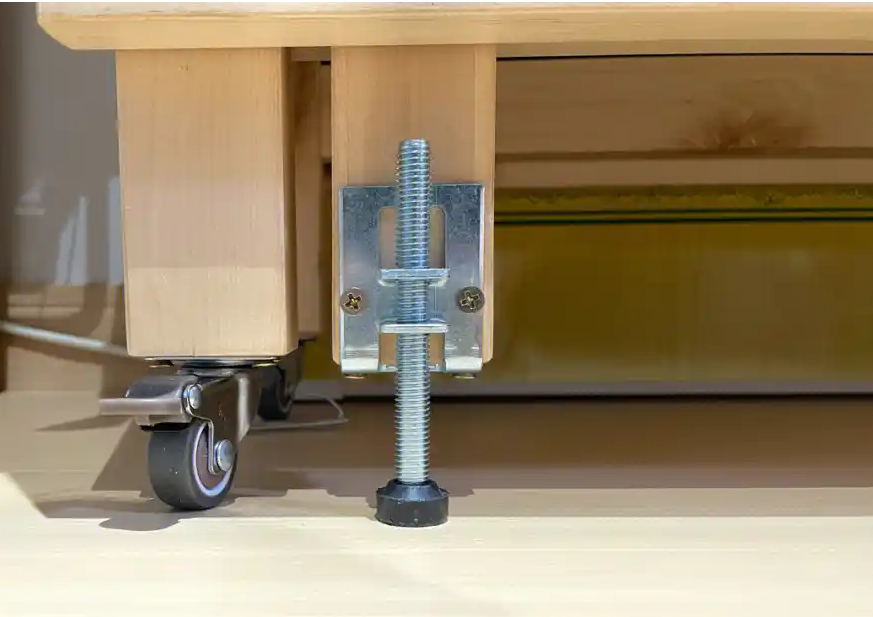

This comprehensive guide helps you navigate the complexities of sourcing non-standard parts, providing insights into the selection process, crucial considerations, and best practices for finding a reliable non-standard parts manufacturer. Learn how to define your requirements, evaluate potential manufacturers, and ensure a successful partnership.
Before you begin your search for a non-standard parts manufacturer, meticulously define your needs. This includes detailed specifications such as dimensions, materials, tolerances, surface finishes, and any special functionalities required. Clear and unambiguous specifications are critical to avoid misunderstandings and delays.
The choice of material significantly impacts the performance and lifespan of your non-standard parts. Consider factors like strength, durability, corrosion resistance, temperature tolerance, and cost-effectiveness when selecting the appropriate material. Common materials include various steels, aluminum alloys, plastics, and composites. Consult with potential manufacturers to discuss material suitability and availability.
Specify the required quantity of non-standard parts and the anticipated production volume. This information helps manufacturers determine the most efficient manufacturing process and provide accurate cost estimates. Small-volume production may necessitate different approaches than large-scale manufacturing.
Look for a non-standard parts manufacturer with a proven track record in producing similar parts. Review their portfolio and case studies to assess their experience and capabilities. Inquire about their expertise in various manufacturing processes such as CNC machining, casting, forging, or additive manufacturing.
Quality is paramount. Ensure the manufacturer adheres to strict quality control procedures and possesses relevant certifications such as ISO 9001. Request samples or prototypes to evaluate the quality of their workmanship and adherence to specifications. A reliable manufacturer will be transparent about their quality control processes.
Assess the manufacturer's production capacity and lead times to ensure they can meet your schedule. Inquire about their current workload and their ability to handle your order within your required timeframe. Unexpected delays can significantly impact your project timeline.
Obtain detailed pricing quotes from several manufacturers, comparing their costs and payment terms. Consider factors beyond the unit price, such as tooling costs, shipping fees, and potential minimum order quantities. Negotiate favorable payment terms to ensure a mutually beneficial arrangement.
Consider a scenario where a company needs custom-designed fasteners for a specialized piece of equipment. They contacted several manufacturers, carefully evaluating each based on the criteria outlined above. One manufacturer, Hebei Dewell Metal Products Co., LTD, stood out due to its extensive experience in producing complex metal components and its commitment to quality. Its ability to handle both small and large-scale projects, coupled with its competitive pricing and transparent communication, made it the ideal choice for this particular project. The resulting partnership ensured timely delivery of high-quality non-standard parts, ultimately contributing to the success of the project.
Effective communication is key to a successful partnership with a non-standard parts manufacturer. Maintain open lines of communication throughout the entire process, from initial design discussions to final delivery. Regular updates and feedback ensure alignment and address any potential issues promptly.
Finding the right non-standard parts manufacturer requires careful planning and thorough evaluation. By following the steps outlined in this guide, you can significantly increase your chances of finding a reliable partner that meets your specific needs and contributes to the success of your project.

